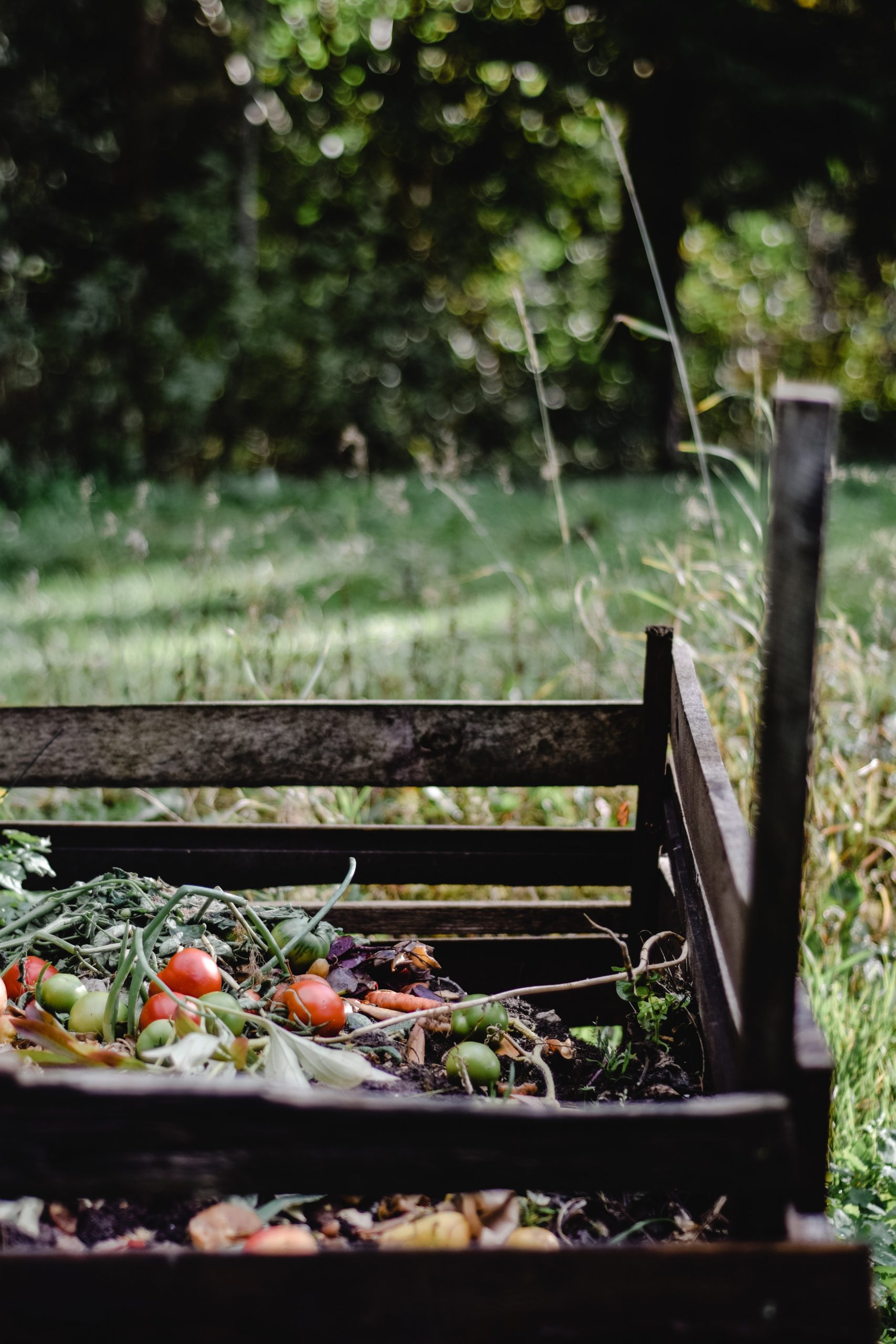Did you know that households in California must now contribute actively to a greener future? As of January 2022, Californians are required to compost their food waste and food soiled paper (think pizza boxes and coffee filters). These efforts will divert tons of food waste from local landfills, reducing methane gas and creating organic compost, which recycles important nutrients back into the soil when applied. Plant and food waste in landfills contributes to global warming: as they decompose, the potent greenhouse gas methane is produced. Diverting food waste to compost facilities or a home composter allows the materials to break down organically.
Both businesses and residents must compost food scraps per SB 1383. Former Governor Jerry Brown signed the bill into law in 2016; municipalities and waste management services and utilities are striving to comply. Full compliance is mandated by 2024 when fines and enforcement will go into effect initially on the municipal level. Depending on where you live, food waste can be added to weekly yard waste pick-ups, saved for local composting organizations (LACompost organizes farmer’s market drop-offs) or if you’re the DIY-type, composted at home.
LA Sanitation and Environment offers free home composting and gardening seminars to those who want to learn more and dig deeper into the process, which begins at the kitchen counter. Nifty compost pails, 100% compostable bags (BioBag and EcoSafe are two popular brands) or even paper bags can be used to collect scraps, unwanted leftovers or spoiled foods. Compostable paper towels, napkins, paper plates, coffee filters and tea bags are among the non-food items that can also be recycled this way.
You can place food scraps directly into your kitchen food scrap container or you can line it with a paper bag. Regular plastic bags aren’t recyclable per se; if you must use a bag to transport, 100% compostable bags are recommended. Some Calif. municipalities like Napa have robust food waste recycling programs already in place; Los Angeles began a pilot program (distributing compost pails to 18,000 households) allowing residents to combine food debris into their 90-gallon green yard waste containers. LA County residents can also participate in food waste recycling. In Beverly Hills, food scraps can be co-mingled with yard waste in the large green bins.
Diverting food scraps from landfills is an easy way to contribute to improving the environment one household or business at a time.
AN UPDATE ON THE WESTSIDE’S RESIDENTIAL REAL ESTATE MARKET
With all the concerning economic data being reported, the number one question I’m getting is, “How is this impacting our local real estate market?” I’ve noticed two things that I haven’t seen since the pandemic started: more houses for sale and more reductions in asking prices.
According to Market Quest, Beverly Hills had a 21% increase in the number of properties for sale in May over April. Westwood, Brentwood and Hancock Park (based on zip codes 90024, 90049 and 90020) show inventory growing by 3%, 12% and 10% respectively.
From the Multiple Listing Service, the percentage of homes currently on the market or in escrow, which have taken a price reduction are: 26% in Beverly Hills, 9% in Westwood (90024), 16% in Brentwood (90049) and 33% in Hancock Park (90020).
There is still a lot of pent-up buyer demand. The market is at an inflection point moving from being a hot seller’s market to, hopefully, a better balance of power between buyers and sellers. Stay tuned!
As always, I’m here to answer your questions regarding the residential real estate market. And on request, I’m happy to send you a link to my comprehensive Historic Home Report.

 Facebook
Facebook
 X
X
 Pinterest
Pinterest
 Copy Link
Copy Link



